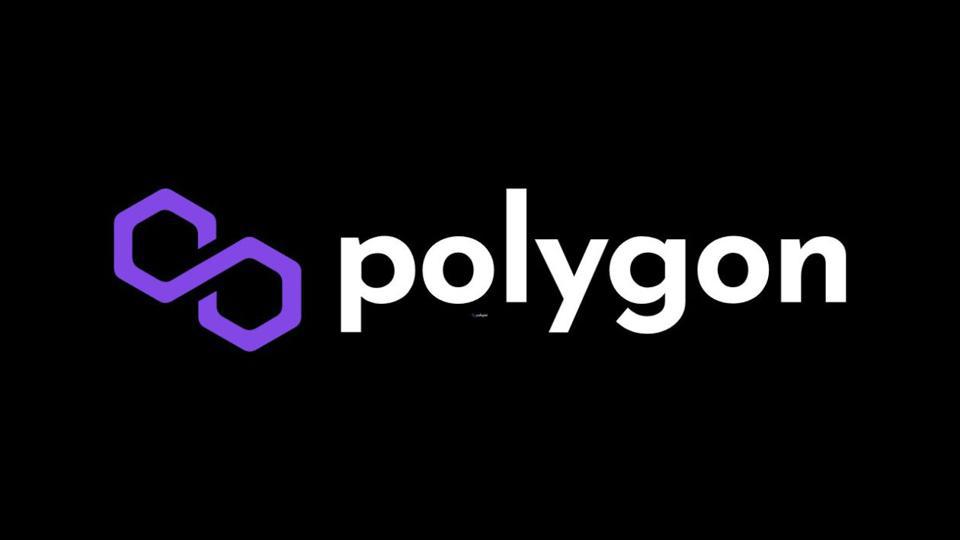- Devs on the Polygon network highlight Polygon ID growth.
- Co-founder of Polygon launched the Nailwal Fellowship.
Polygon developers have shared that a significant number of collaborators building on the Polygon ecosystem are notably using Polygon ID’s Identity Infrastructure tools.
Kaleido is one of the few on the list. The enterprise-grade Web3 platform has worked with Polygon in the past, to integrate the power of blockchain with the enterprise. Using Kaleido as well as the Polygon PoS, Polygon ID, Polygon Edge, and many other extensions, is easier than ever. This has played a huge role in accelerating development with more than 500 APIs and pre-built services. The platform was designed with the goal of meeting the most rigorous requirements that come with modern cloud-scale architecture.
#PolygonID – where verifiable credentials meet Web3 🫱🏾🫲🏼
Week #2 of your weekly round-up of the latest happening in the ecosystem of collaborators that are building, using Polygon ID’s Identity Infrastructure tools:
More: https://t.co/2QPg6bFIWX
— Polygon Devs (@0xPolygonDevs) May 12, 2023
Blockchain Lock is another notable tool focused on providing safe access to assets at a global scale. The team at Blockchain Lock says it is on a mission to Unlock the World. Its main product, a smart lock, is designed to work with Web3 technology. The platform serves both IoT devices and cloud access control systems. The system also communicates with the Web3 network. Furthermore, it harnesses Non-fungible tokens (NFTs), Verifiable Credentials, and DID as keys that unlock the network.
IDfy, another tool highlighted by Polygon developers is a technology solution designed to help companies with accurate individual identification. The technology solution also helps these companies carry out background checks, conduct KYC, mitigate lending risks, and onboard associates. Using IDfy, credentials are issued around uniqueness, personhood, Know Your Customer (KYC), and Know Your Business (KYB). All of the aforementioned can be consumed to build sybil resistance and regulatory-compliant Web3 platforms.
WiW, Gatekeeper, Vendible, Verida, Sedax, CLV Wallet, Purple Pay, and Komet are some of the other ID tools listed by devs.
The Polygon ID identity infrastructure is a tool that strives to bridge the gap between users and applications. The blockchain is doing this through the integration of self-soberano identity. Using Polygon ID, leading organizations can verify users’ credentials easily, while carrying out other actions.
The Polygon ID taps into zero-knowledge proofs. It allows users to prove their identity in a way that lets them still maintain their private information. This then ensures that users have the freedom of expression and privacy by default. This is due to the fact that the identities or users involved are secured by zero-knowledge cryptography.
Sandeep Nailwal pioneering Web2 to Web3 migration
Meanwhile, the Co-founder of the Polygon network has made a major announcement, revealing that it will be launching a Web3 fellowship program.
Sandeep Nailwal, the co-founder of Polygon, along with Symbolic Capital, a Venture Capital firm that Nailwal also co-founded, recently introduced the public to the Nailwal Fellowship. The announcement revealed that the Fellowship is intended to provide early-stage founders and builders with financial support. However, it is worth noting that the financial support is limited to founders moving from the Web2 ecosystem to the booming Web3 industry.
Members of the fellowship will each receive $50,000 grant money, along with mentorship through the symbolic capital venture capital firm.
Participants of the fellowship program will be offered optional in-person co-working and networking opportunities. These will hold in cities like Dubai, India, San Francisco, and New York. The fellowship will open its doors to applications from May, into the early parts of June on a yearly basis.
It’s not about funding a startup, it’s not a fund or anything. It’s a fellowship, which will back individuals who are at a very, very early stage. Some of them might not even have an idea, and they just want to explore.




